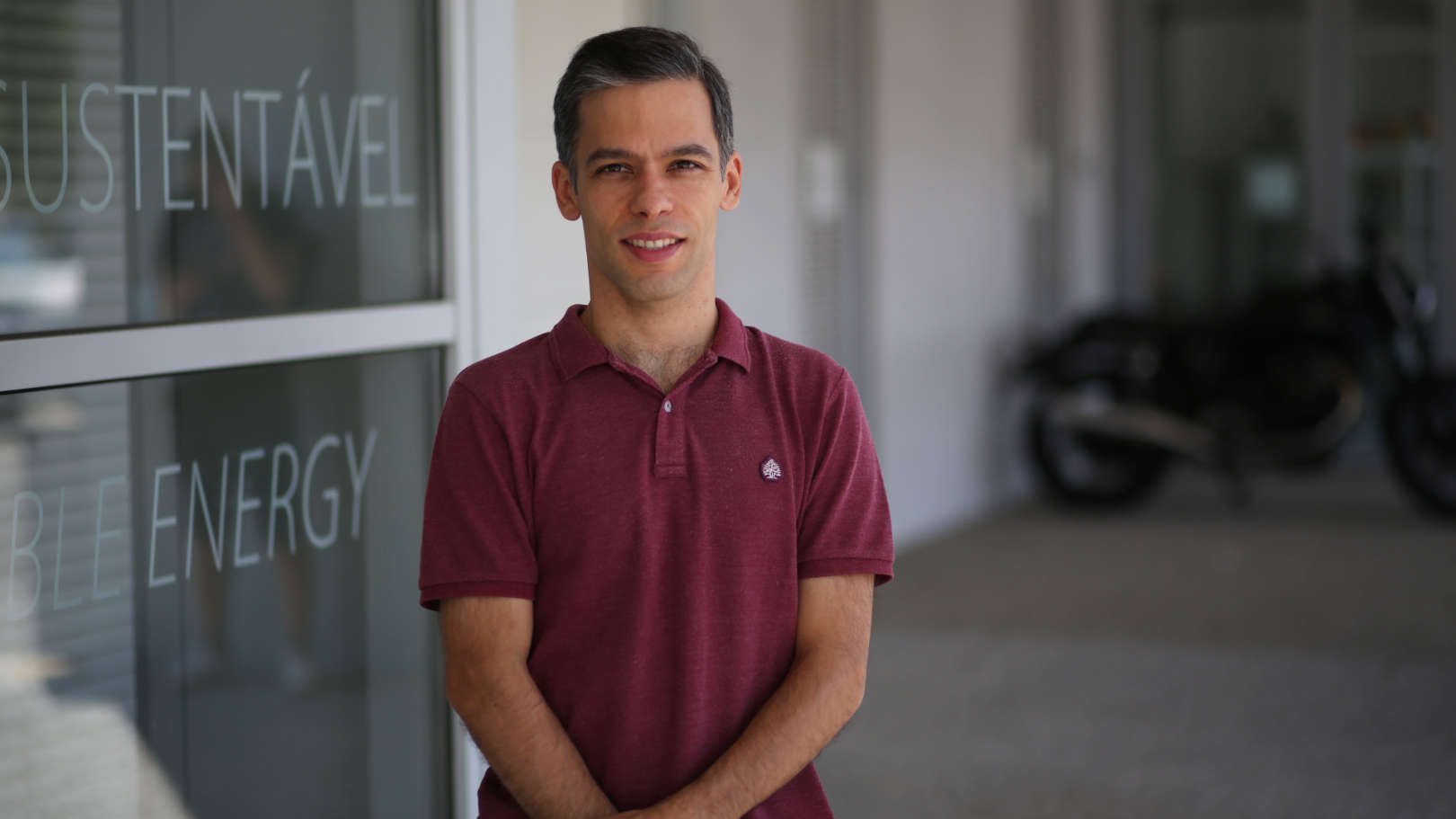About
Currently professor at FEUP and researcher at INESC TEC, formerly software architect, coach, and developer. His research interests focus in software engineering topics, namely on Software Architecture, Design Patterns, Cloud Computing, Continuous Delivery, Agility and Live Software Development. He is especially interested in microservice-based architectures and the highly maintainable and flexible systems that they allow to create.


